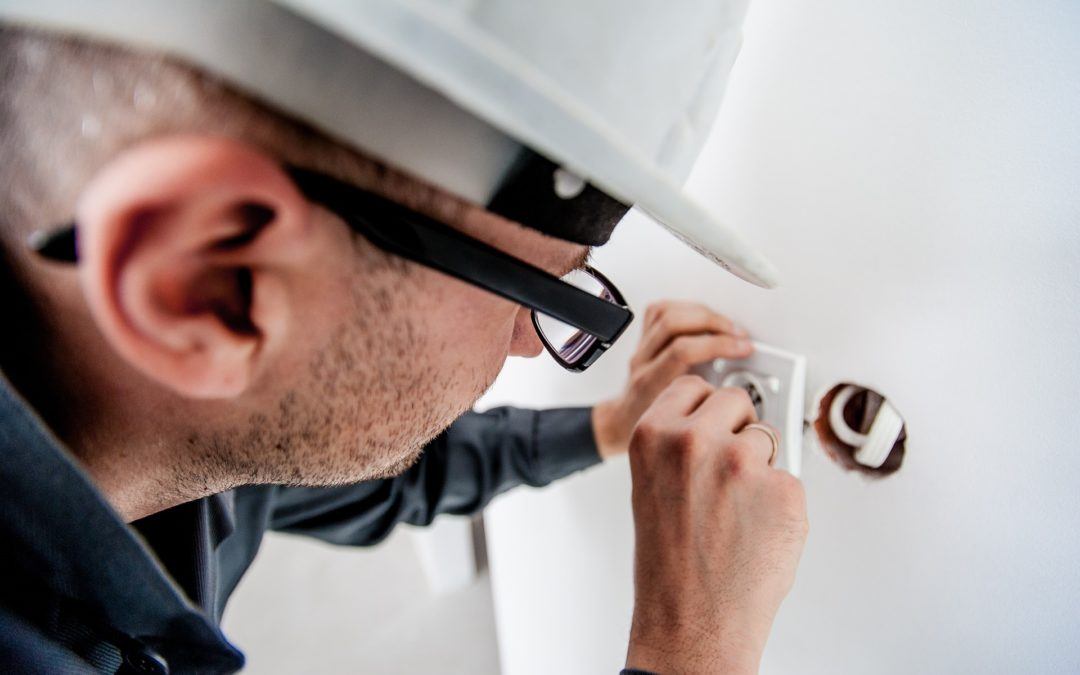The Housing and Planning Act 2016, section 122 includes a provision to allow legislation to be brought in requiring landlords to have the mains electrical installation inspected every 5 years. During the course of the next 8 weeks (17 February 2018 until 16 April 2018), this consultation is seeking views and comments to gather evidence on the recommendations made by the working group.
The Electrical Safety Standards Working Group have recommended introducing 5 yearly mandatory electrical installation checks for private rented property and that other safety measures be encouraged as good practice and set out in guidance.
The private rented sector now accounts to 4.7 million households (20% of all households) in England and has doubled in size over the last decade. Tenants in the private rented sector face a higher risk of electrical shock and fires caused by electrical faults in their homes than those in social and housing association accommodation. In 2015, 60% of homes in the private rented sector had all five recommended electrical safety features installed. The five key features; being modern PVC wiring, modern earthing, modern consumer units, miniature circuit breakers and Residual Current Devices known as RCDs. Although this is an improvement on previous years, the private rented sector is behind the social rented sector where 74% of local authority homes and 76% of housing association homes had all five safety features installed in 2015. Confirming that all electrical installations are safe benefits both landlords and tenants in helping to prevent fire.
The working group made a total of 8 agreed recommendations:
1: 5 yearly mandatory electrical installation checks should be set out in secondary legislation.
2: Visual checks on the safety of the electrical installation by landlords at a change of tenancy should be encouraged as good practice and set out in guidance.
3: A report which confirms that an Electrical Installation Condition Report (EICR) has been completed along with confirmation that any remedial work necessary has been undertaken satisfactorily should be issued to the landlord. A copy should be issued to the tenant at the beginning of the tenancy and should be made available to local authorities on request.
4: Landlord supplied electrical appliance testing and visual checks of electrical appliances by landlords at a change of tenancy should be encouraged as good practice and set out in guidance.
5: The installation of a Residual Current Device (RCD) by landlords should be encouraged as good practice and set out in guidance. An RCD is a sensitive safety device that switches off electricity automatically if there is a fault.
6: A private rented sector electrical testing competent person’s scheme should be set up which would be separate from existing Building Regulations competent person’s scheme. As an example, the competent person’s scheme for gas is the Gas Safe Register.
7: Ministry of Housing, Communities and Local Government should commission the Electro technical Assessment Specification (EAS) management committee to consider the most effective method of recognising ‘competent PRS testers’ to carry out electrical inspections and tests.
8: Legislative requirements should be phased in, beginning with new tenancies, followed by all existing tenancies.
The Electrical Safety Standards Working Group agreed that there would need to be a scheme or schemes, open to anyone with the necessary competencies, whose members would need to pass a competence assessment in inspecting and testing electrical installations in existing dwellings.
You can read the full consultation by clicking the link below:
https://www.gov.uk/government/consultations/electrical-safety-in-the-private-rented-sector
The government will provide more information on future proposals to electrical safety in the private rented sector following the conclusion of this consultation.


Recent Comments